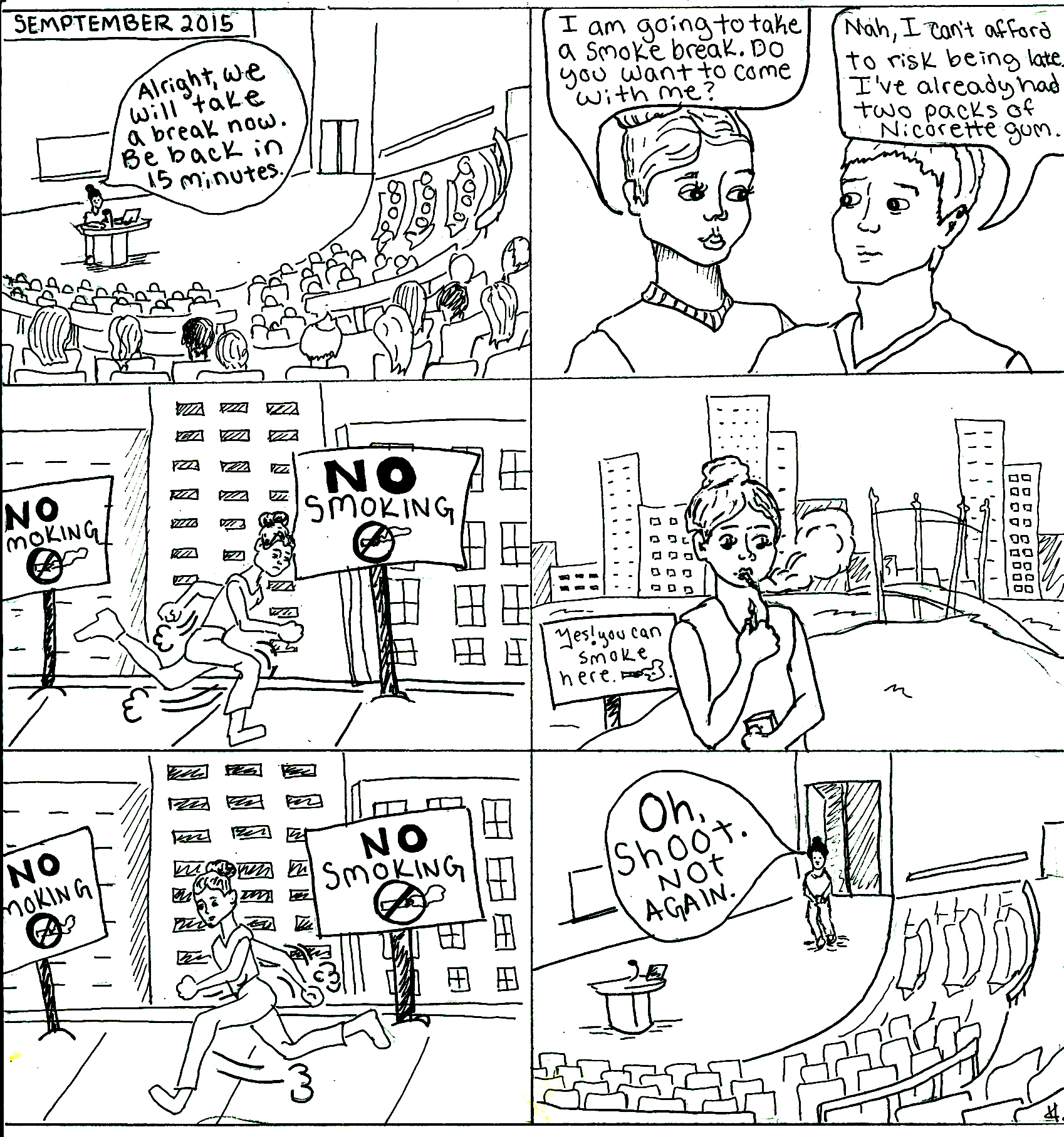Attacks shifting from U.S. forces to Iraqi civilians
BAGHDAD — U.S. offensives have blunted attacks on coalition troops, but violence against Iraqi civilians is up, U.S. Central Command’s top general and Iraq’s chief civilian administrator said Tuesday.
Gen. John Abizaid, commander of the Tampa, Fla.-based U.S. Central Command, estimated that attacks against coalition troops have dropped about 50 percent from a spike of 35 attacks a day just two weeks ago. He credited the high profile, high firepower “Iron Hammer” and “Ivy Cyclone” operations for the fewer attacks.
The two operations, conducted around Baghdad and Tikrit, resulted in scores of arrests, the destruction of dozens of structures and the bombings of vacant lots and fields that the military claims were used by guerrillas. Often the structures, including the homes of suspected guerrilla fighters, were blasted using tanks, attack helicopters, field artillery and high-tech weaponry, including satellite-guided missiles and smart bombs dropped from jet fighters.
The operations were intended to “deny the enemy sanctuary,” the military said, and blow up sites used to launch mortars and conduct ambushes.
Although he offered no figures, U.S. Ambassador L. Paul Bremer, Iraq’s chief civilian administrator, acknowledged that the highly publicized campaigns have done little to improve security for average Iraqis. Violence against civilian targets is on the rise, he said, and more attacks are likely as the coalition moves to transfer sovereignty to the Iraqis by July 1.
The guerrilla strikes are intended to intimidate police, local councils and potential members of the new National Assembly, Bremer said.
“They have failed to intimidate the coalition,” said Bremer, who appeared in a joint news conference with Abizaid on Tuesday. “They have now begun a pattern of trying to intimidate innocent Iraqis.”
Despite the increased violence against Iraqis, police officers and civilians in Baghdad said Tuesday that they wanted U.S. troops to leave or take a less visible role in security.
“The American troops are only protecting themselves,” said Yosif Abbas, 42. “With Iraqi troops it will be better.”
He dismissed the “Iron Hammer” offensive as “mostly show,” saying it had little impact on the security of Iraqi civilians.
Nearby, pharmacology student Haithen Zwein said he hoped that U.S. troops stayed in the country until security is better but that they should adopt a lower profile.
“They should trust the Iraqis (to provide security), but support them and watch them,” he said.


